WATERVILLE — Before she arrived on the Thomas College campus last week, Skyler Lewis was nervous.
She worried about her classes being too much work and that she wouldn’t pass. She worried she wasn’t going to succeed.
But a few days into the start of her first class, Lewis, who is from Jay, said her experience has been the complete opposite.
“I’m an avid worrier, but as soon as I got here I was like, ‘All my worries are gone,” said Lewis, 18, a freshman. “The moment I got out of my car, I was like, ‘I’m so relaxed.'”
Classes at Thomas don’t officially start until Aug. 27, but Lewis and a group of other first-generation freshmen are already on campus as part of an intensive 10-day program called Engage, Develop, Guide, Empower, or EDGE.
Since 2010, more than 600 students have participated in the program, which has also been highlighted this year in a report from the group Ready Nation, a nonprofit exploring ways to strengthen the nation’s workforce.
According to the report, 66 percent of Maine jobs will require some type of postsecondary degree or credential by 2020. A survey of more than 1,000 Maine business leaders found that 66 percent feel the workforce does not have the skills their organization needs.
Forty percent feel Maine’s education system is not preparing workers to be productively engaged in the workforce. At the same time, Maine is experiencing a decline in working-age population, with the current median age being 43.5, according to the report.
“Maine is not a state where a lot of babies are being born, so we need to have everyone grow up to their full potential,” said Kim Gore, Maine state director for Ready Nation, during a gathering to present the findings of the report at Thomas College Monday. “That’s why we wanted to highlight the EDGE program. We need more innovative programs like EDGE to help every student who may not have thought about college before to know it’s a real possibility for them.”
Gore said she learned of the program through a student who went through it, Harley Douglas, a current junior at Thomas.
Douglas, an elementary education major and the first to attend college in her family, said she also felt nervous about pursuing higher education.
“The EDGE program was very inspiring and an incredible opportunity I had,” Douglas said. “It taught me I’m not alone. I have a support system that’s here for me whenever I need it.”
Over 60 percent of Thomas College students are the first in their family to pursue higher education, according to Thomas College President Laurie Lachance. The program brings a cohort of students to campus for a 10-day 3-credit course prior to the start of regular classes.
In the evening, students take workshops on how to de-stress, manage their finances and handle other situations they might encounter for the first time while away from home, like how to deal with a difficult roommate.
Rosa Redonnett, chief student affairs officer for the University of Maine system, said the program at Thomas is unique in that it offers an intensive experience for students prior to the regular school year. She said the University of Maine offers similar programming, but it typically takes place during the regular school year.
“What’s interesting about this is they bring the students in early and the idea of immersing them in a course to get their feet wet is a really nice approach,” Redonnett said. “It’s great work they’re doing here.”
The need to attract more people to Maine and more people with workforce skills is a challenge the state faces, according to Maine State Chamber of Commerce President Dana Connors, who said education is key to addressing those challenges.
Despite findings the state’s population is aging and a large portion of the workforce is not equipped with necessary skills, Connors said there is still some good work happening in Maine.
“For the first time I can remember, the business and education communities are coming together to talk,” he said. “We’re seeing for the first time people are beginning to understand education is a life-long pursuit.”
President and CEO of the Mid-Maine Chamber of Commerce Kim Lindlof also said the area’s workforce is the number one issue facing businesses’ ability to grow.
“It’s about the skills you’re learning here in college but also soft skills,” she said. “Things like not being on your phone constantly, writing emails in full words and not abbreviations like you’re texting. Those sorts of things are important. For us, the focus is on growing the workforce and that’s why (EDGE) is so important.”
About 75 percent of Thomas students come from Maine, and about 80 percent of graduates will work in Maine upon leaving Thomas, a key to helping address the state’s workforce shortage, Lachance said.
She said a key to getting students to stay in Maine is to place them in paid internships.
“If they go to an internship, there’s a very good likelihood they’ll be offered a job,” Lachance said. “And they’ll understand they can walk right into employment where they know the culture. They know what it’s all about and they know the opportunity that presents. I think a paid internship is the single most powerful way to keep a student in Maine.”
Douglas, the Harpswell student, said she hopes to return to her home in coastal Maine after she graduates.
“I think with the EDGE program under my belt I’m going to have a much better chance of succeeding after Thomas,” she said. “It gave me insight into what professors expect of me, because you don’t know that when you’re a first generation college student. You don’t know anything about college.”
Rachel Ohm — 612-2368
Twitter: @rachel_ohm
Send questions/comments to the editors.


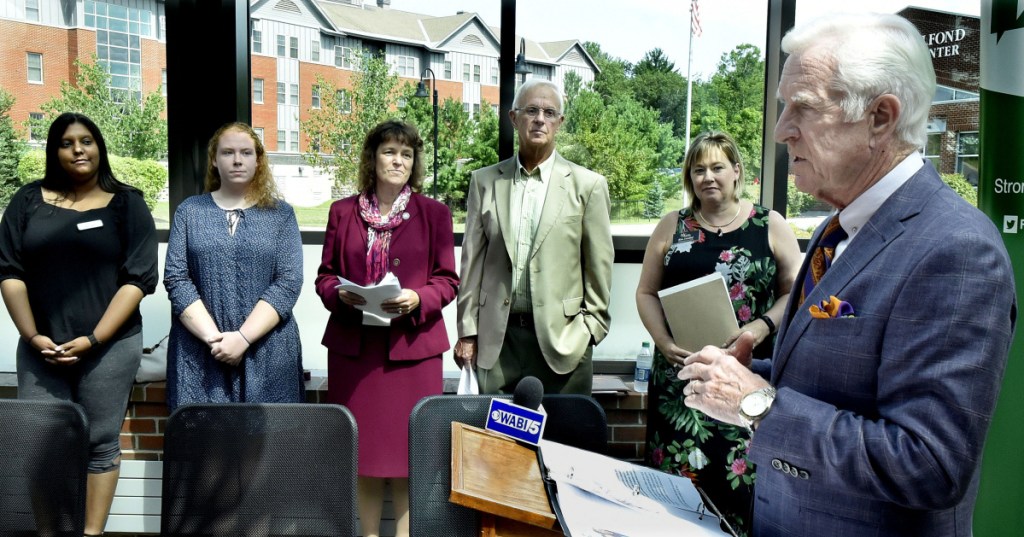
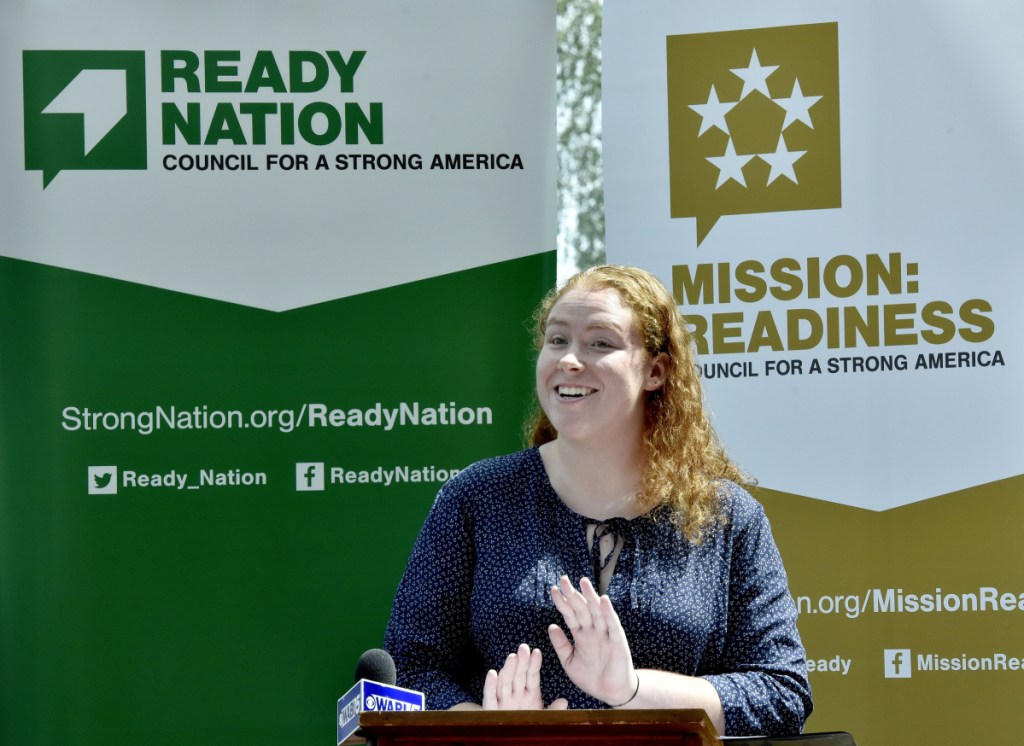
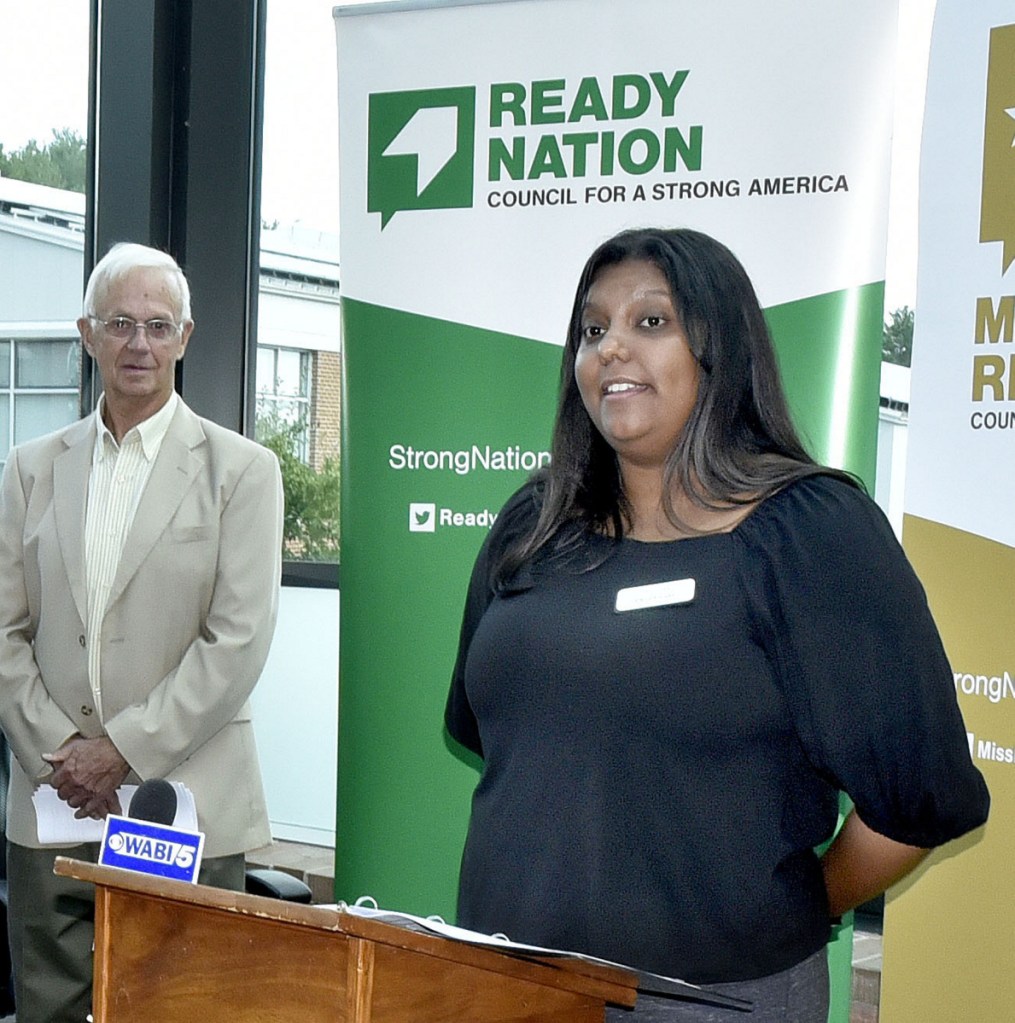
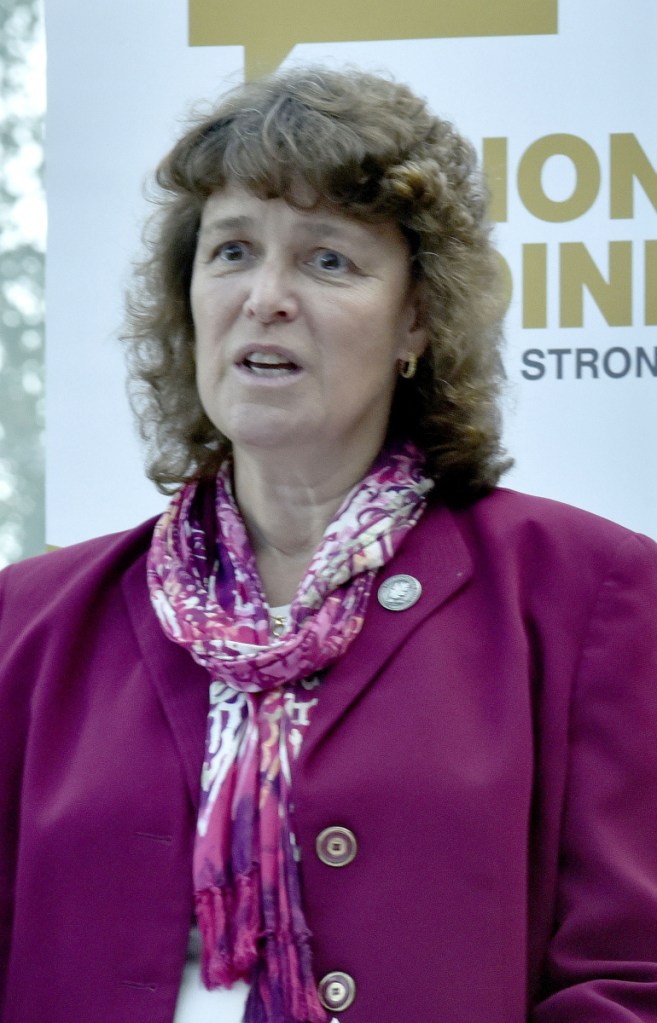
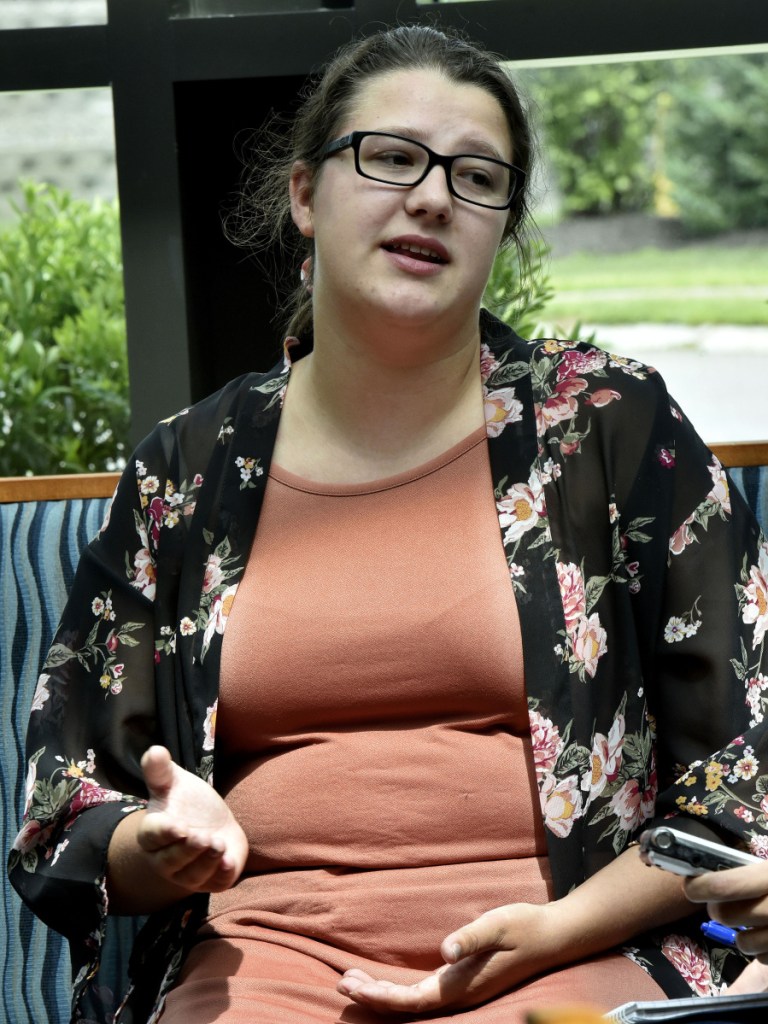

Comments are no longer available on this story